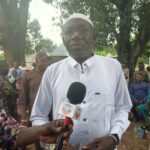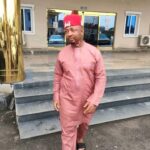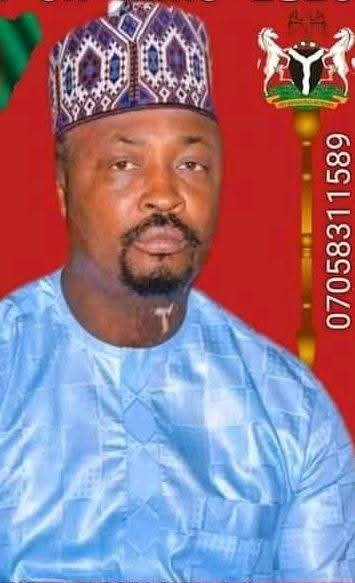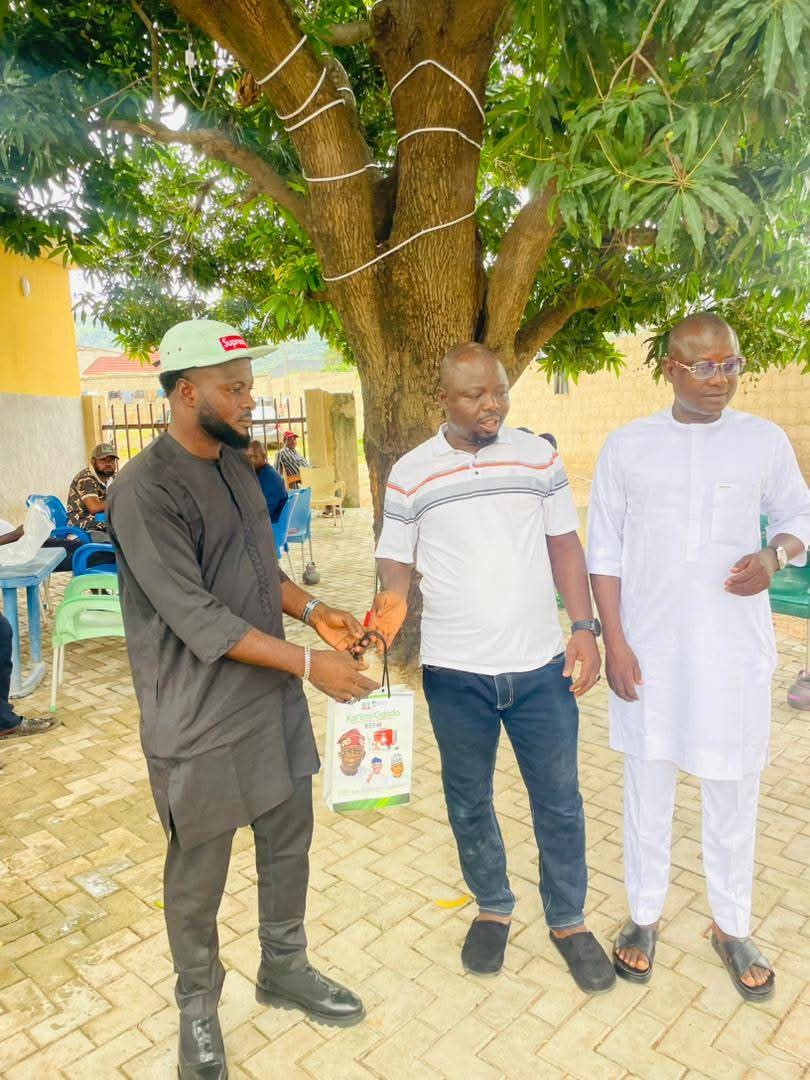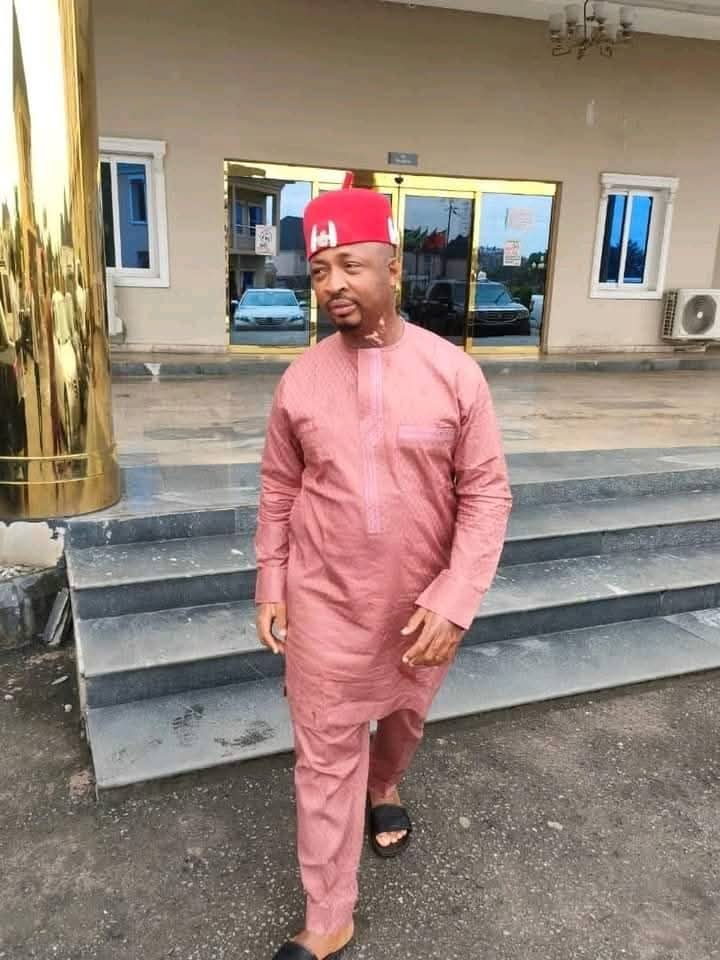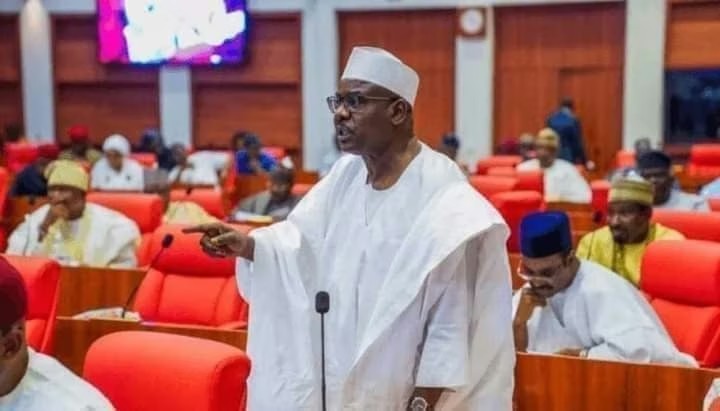
By THEANALYSTMEDIA
In recent months, conversations in youth circles, town halls, and even on social media timelines have revolved around one recurring theme: representation. Nigeria’s young population, making up more than 60% of the nation, is demanding a stronger voice in government. Within this conversation, one name keeps surfacing with increasing resonance — Adams Ahmed, popularly known as Quincy.
But why Quincy? Why now? And why the 2027 House of Representatives?
A Fresh Face for a Tired System
For decades, Nigerian politics has been dominated by the same set of faces, the same voices, and too often, the same results. Quincy represents a generational shift. He embodies the aspirations of young Nigerians who want leaders that reflect their lived experiences — the struggle of unemployment, the hustle of innovation, and the courage to speak truth to power.
By contesting in 2027, Quincy could symbolize not just a candidacy, but a changing of the guard.
Grounded in Community, Not Just Politics
Unlike career politicians who emerge only during election season, Quincy has long been present in grassroots spaces — from youth development programs, to advocacy for better education, to empowerment initiatives in his constituency. He is known not just as a name, but as a neighbor, a brother, a voice that listens.
This kind of organic legitimacy is rare in politics today, and it gives Quincy an advantage: credibility that cannot be manufactured.
Champion of Youth Inclusion
The “Not Too Young to Run” law was a landmark, but its spirit remains largely unfulfilled. Young Nigerians still struggle to break into the political mainstream. If Quincy contests, he will not just be running for office — he will be running with the hopes of millions who believe it is finally time for a youth-driven agenda.
His candidacy could inspire a new wave of political participation, showing young Nigerians that the system can work for them if they dare to step into it.
Integrity in an Age of Distrust
Politics in Nigeria is often associated with corruption, nepotism, and betrayal. But Quincy’s reputation is markedly different. Among his peers and within his community, he is seen as a man of integrity — someone who says what he means and follows through.
That kind of trust is a political currency that money cannot buy. In 2027, voters will not only be looking for who has the deepest pockets, but for who has the deepest connection to the people.
The Right Time to Lead
2027 is not just another election year. It will be a defining moment for Nigeria as the country grapples with economic recovery, insecurity, and the urgent need to modernize governance. The House of Representatives will need voices that are bold, unafraid, and forward-thinking. Quincy fits that profile.
This is not about age alone — it is about vision, courage, and the willingness to build bridges across generations.
A Call to Action
The murmurs on the street are becoming clearer: “Quincy should contest.” For many, it is not just a suggestion but a demand. A demand for leadership that is accountable. A demand for representation that is real. A demand for a future that is possible.
As 2027 approaches, Adams Ahmed — Quincy — faces a choice. He can continue to inspire from the sidelines, or he can take the bold step into the House of Representatives, where his voice can shape laws, policies, and the destiny of his people.
Because sometimes, history does not wait. Sometimes, it calls out a name. And right now, that name is Quincy.




